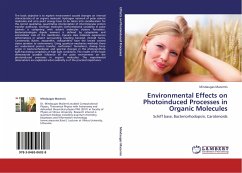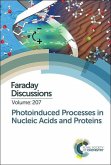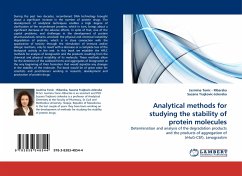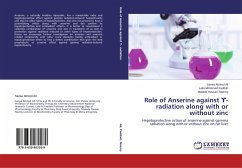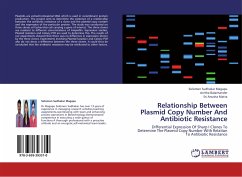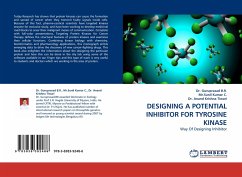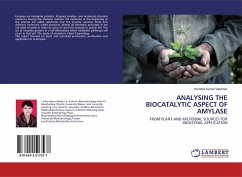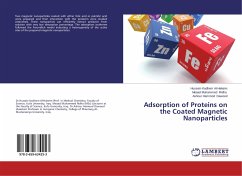The book objective is to explore environment caused changes on internal characteristics of an organic molecule. Hydrogen network of polar solvent molecules and zero point energy have to be taken into consideration for the correct qualitative, quantitative interpretation of intermolecular proton transfer pathways. Anil-type molecules conformational variability in polar solvents is competing with solvent molecules clusters formation. Bacteriorhodopsin dipole moment is defined by cytoplasmic and extracellular coils of the membrane. Cyanine class molecule experiences deformations in solvent surrounding resulting benzoid, chinoid forms. Carotenoids (lutein, zeaxanthin, violaxanthin) have the lowest excited states sensitive to environment. Using quantum mechanics methods there are understood proton transfer, conformers formations, driving force origin in bacteriorhodopsin and spectral changes in the photosynthetic light-harvesting complexes at high light conditions. The results of the book demonstrate possible influence of the polar environment on the photoinduced processes in organic molecules. The experimental observations are explained what evidently is of the practical importance.

